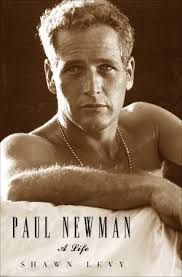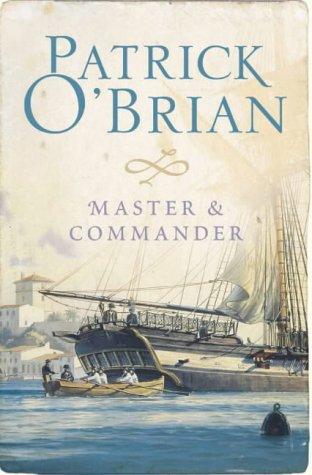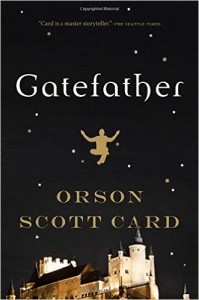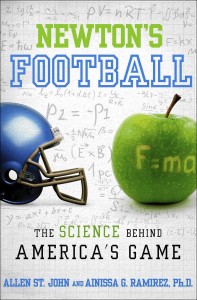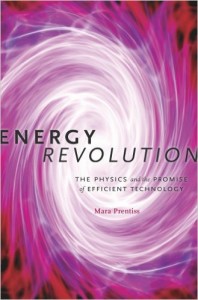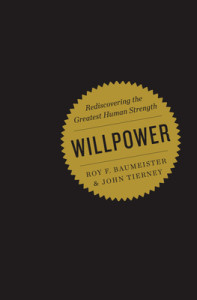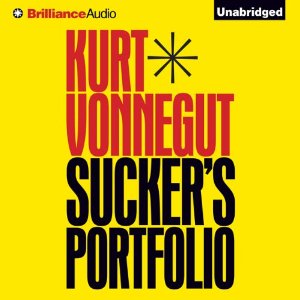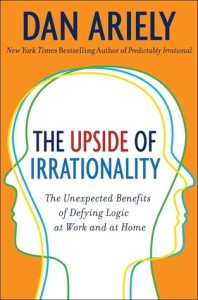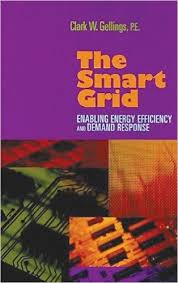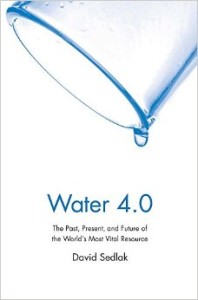Paul Newman: A Life
by Shawn Levy, 2009
Paul Newman was a Phi Tau at Ohio University, which I why I initially got interested in his career (I was a Phi Tau at CWRU). Newman started a summer camp for diseased and disabled kids called the Hole in the Wall Gang Camp, which spread to many different camps across the country and globe in what is now called the SeriousFun Network. Whenever Phi Tau held a philanthropy event at CWRU, our donation went to these camps. Many of our brothers also volunteered at the camps during the summers.
Besides being interested in his philanthropic efforts (including tasty Newman’s Own creations), I am also a fan of some of Newman’s movies, including The Sting (one of my favorite movies), Butch Cassidy and the Sundance Kid, Cool Hand Luke, Road to Perdition, and Cars. I’ve seen a few others, but those are my favorite Newman movies. Tim Pennings, who invited me to my first internship, at Hope College, introduced me to The Sting at an intern event.
It was somewhat interesting to hear about Newman’s movie career, auto racing, philanthropy, political efforts, and family, but I realized (again) that I’m not really a biography person. I like the Wikipedia version or Spark Notes versions of people’s lives, not hearing about the nitty gritty. If you are a biography person, however, and enjoy Paul Newman movies, he does have a fascinating life and this would probably be a good book to read.
I listened to this book on tape. At the beginning, whenever “Newman” was said, I heard a Jerry Seinfeld voice in my head screaming his version of “Newman!”.
